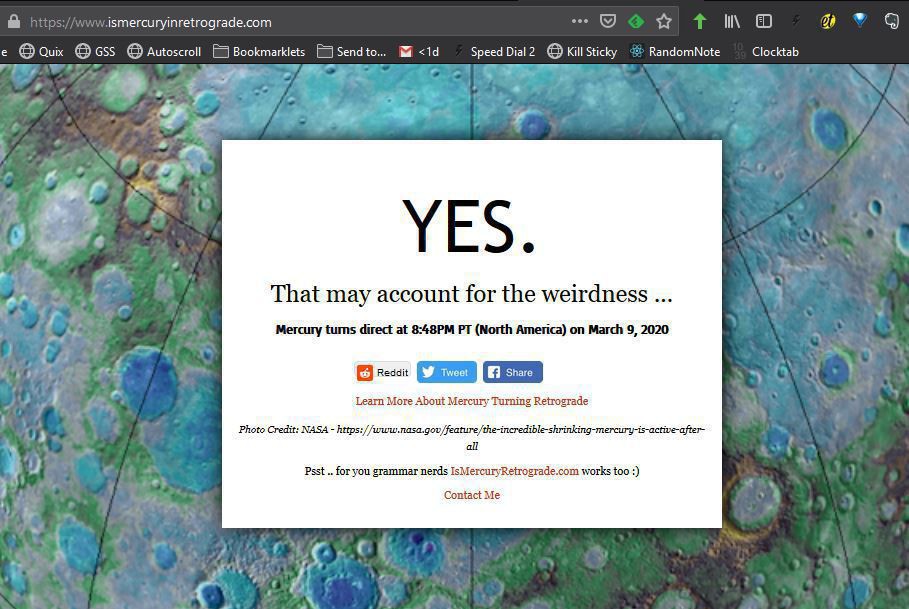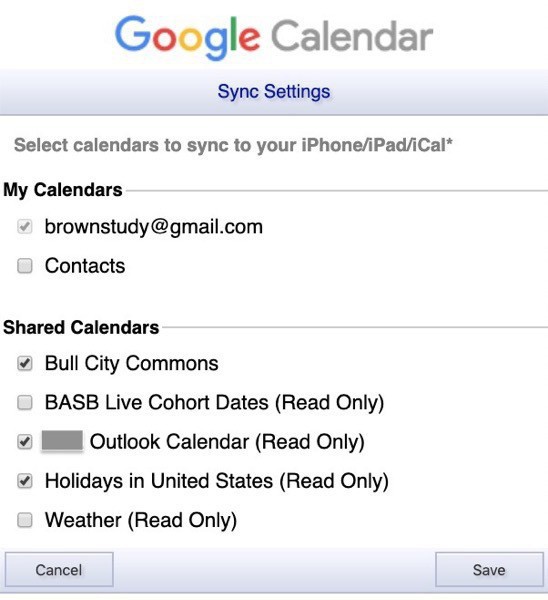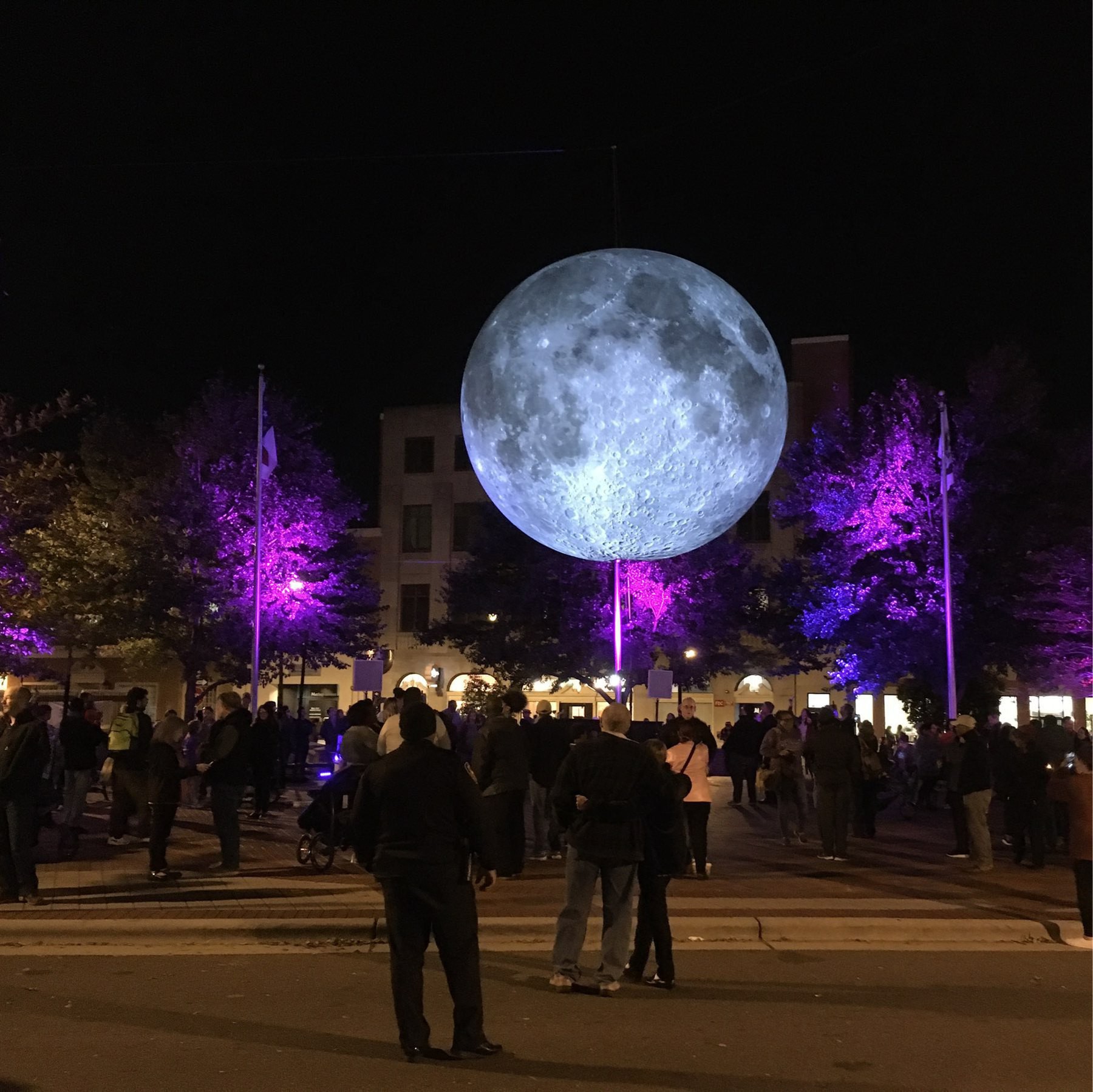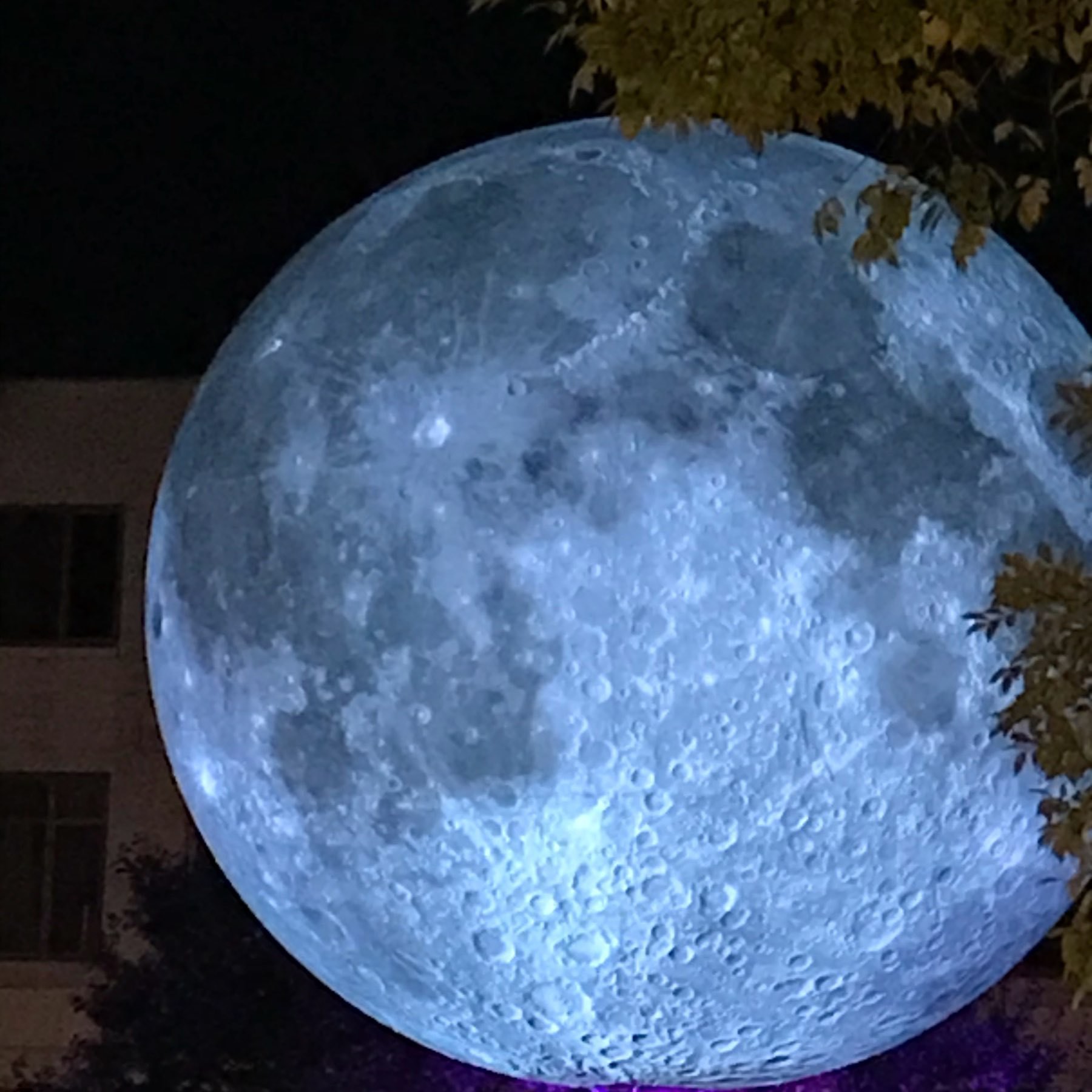While spending a few evenings this week diagnosing the problem with Disk Utility not erasing my external hard disk, I also searched the Carbon Copy Cloner site for clues.
During those latter searches, I found this MacMost video on why cloning is a poor choice as a backup strategy.
Gary’s point is a valid one: cloning your disk should not be one’s sole backup strategy. Although CCC can certainly do incremental backups, that is not its strength. He outlines three cases where a cloned drive can be helpful, but by and large he is against the use of cloned drives. He prefers a mix of Time Machine backups and cloud backups.
Gary fields lots of offended comments on that page from folks who don’t share his faith in Time Machine backups (they do fail and act capriciously; it’s happened to me). Anecdotes are shared on how a cloned hard drive enabled folks to recover from disk failures in less time than using Time Machine.
I’ve always tried to be a good little boy when it comes to computer backups. I have:
- Time Capsule backing up the whole drive
- Backblaze backing up our individual user directories
- Carbon Copy Cloner’s weekly incremental backup in case of disk failure
- Dropbox backing up my user directory, photos, music, etc.
Up to now, I’ve not thought of this as overkill. My iMac is the center of my computing universe; I sync my iPad and iPhone regularly. Although my wife has an iPad, she only syncs it to the iMac twice a year: to put on or take off her Christmas music.
Still, Gary’s strong statements in the comments that cloned drives really aren’t needed made me review my choices. I can only think of two times when I’ve needed backups:
- I upgraded the hard drive on my old MacBook. I used Time Machine to basically restore my old files and setups to the new disk.
- My MacBook and Liz’s laptop were stolen in a burglary. At the time, we used Crashplan and Dropbox to restore our key documents. When I bought the iMac a little while later, I can’t remember if I restored the old Time Machine backups or just started fresh; probably the latter.
A cloned drive would have been nice, I suppose, but wasn’t really necessary in these cases, I think. Time Machine worked just fine, as I recall.
As of now, I’m OK with my backup strategy. I do have things backed up to CCC, such as iMovie projects, that I have not bothered to upload to Dropbox or Backblaze; they’re simply too huge to push through our tiny internet connection. I view my cloned hard drive as insurance, something I carry while hoping I never need it. I am happy now to go back to ignoring my automated backups as they chatter in the background.






